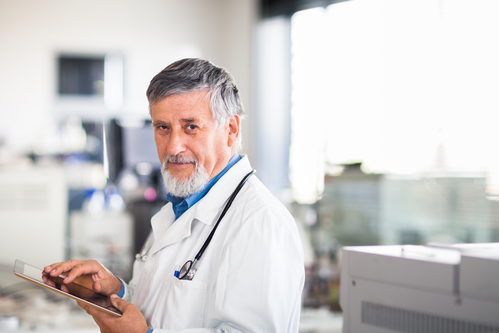
When people first consider the idea of participating in a clinical trial, their primary concern understandably involves safety of the research and avoiding any long-term bodily damage. As important and beneficial as clinical research is, it is critical to protect and ensure the safety of all participants.
Findings from a recently released study by The British Medical Journal indicate that “Less than 1% of healthy patients enrolled in early-stage clinical trials experience serious adverse events — half of which are unrelated to the drug or procedure studied.”
Researcher’s findings offer good support for the general safety of phase 1 trials. Lead author Ezekiel J. Emanuel, MD, PhD, clarifies that “some have claimed that these trials pose high risks of harm to participants. But these findings show such claims to be essentially without empirical validity.”
Safety is the first concern of clinical researchers. Researchers often spend years testing a medication, thoroughly investigating any potential side effects. They also use extreme caution when increasing participant’s dosages, even after drugs go through phase 1.
According to the FDA, during phase 1 of clinical trials, “The goal is to determine what the drug’s most frequent side effects are and, often, how the drug is metabolized and excreted.” Medications will not move forward to phase 2 if the drug’s effects on the human body are in question. The FDA notes, “Phase 2 studies begin if Phase 1 studies don’t reveal unacceptable toxicity.”
Many people don’t realize that side effects, and particularly serious side effects, tend to be identified quickly after the participant begins the medication regimen. Clinical investigators are highly trained doctors equipped to quickly identify and treat any side effects that may occur.
Clinical study investigators note, “Study drugs that are associated with high and serious adverse events need to be identified early and quickly so that determinations can be made about whether to terminate drug development or conduct additional clinical studies.”
Researchers have a vested interested in identifying any possible adverse side effects during phase 1 of a clinical study. Costs pertaining to canceling phase 2 or 3 trials increase exponentially. Additionally, more research centers and study participants are involved in these trials. “Phase 2 and 3 trials are expensive. Terminating a drug in phase 2 or 3 because of safety or adverse effects that were ignored or hidden in phase 1 is a costly mistake.”
At Orlando Clinical Research Center, our team follows extensive safety precautions to ensure the wellbeing of our volunteers. Our staff is well trained to operate our state-of-the-art safety monitoring equipment. We explain our methodology to every participant and we pride ourselves on the policies we put into place to keep everyone safe — both our staff and study volunteers. If you are considering participating in a clinical trial, check out the available opportunities listed on our current studies page. You can also give us a call and we will be happy to answer any questions.
